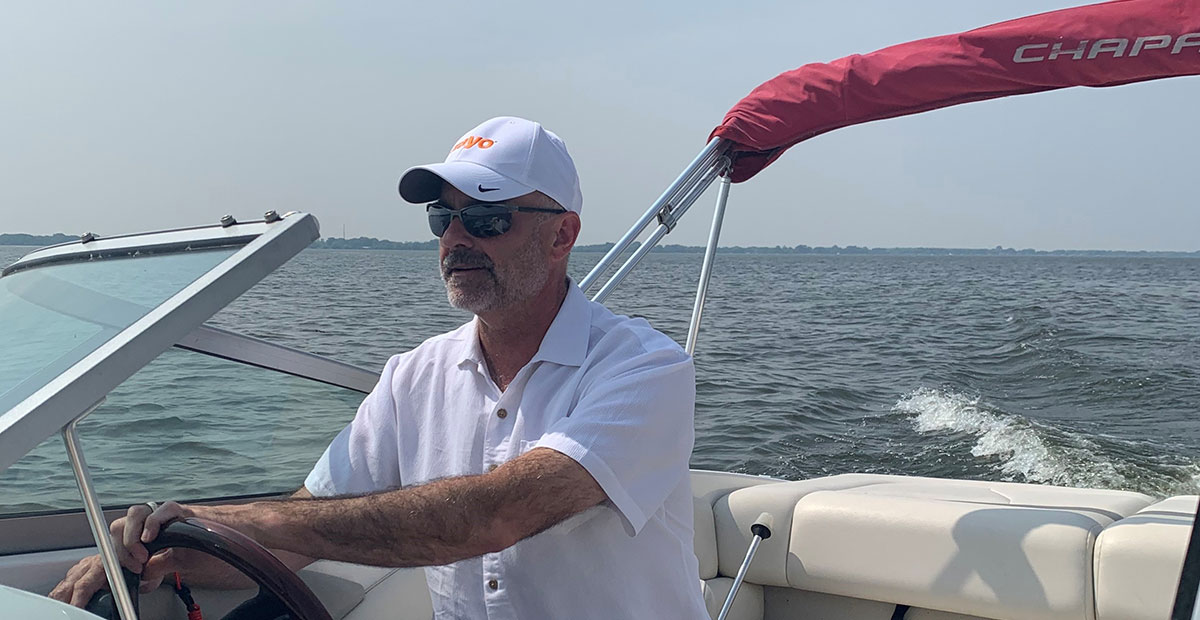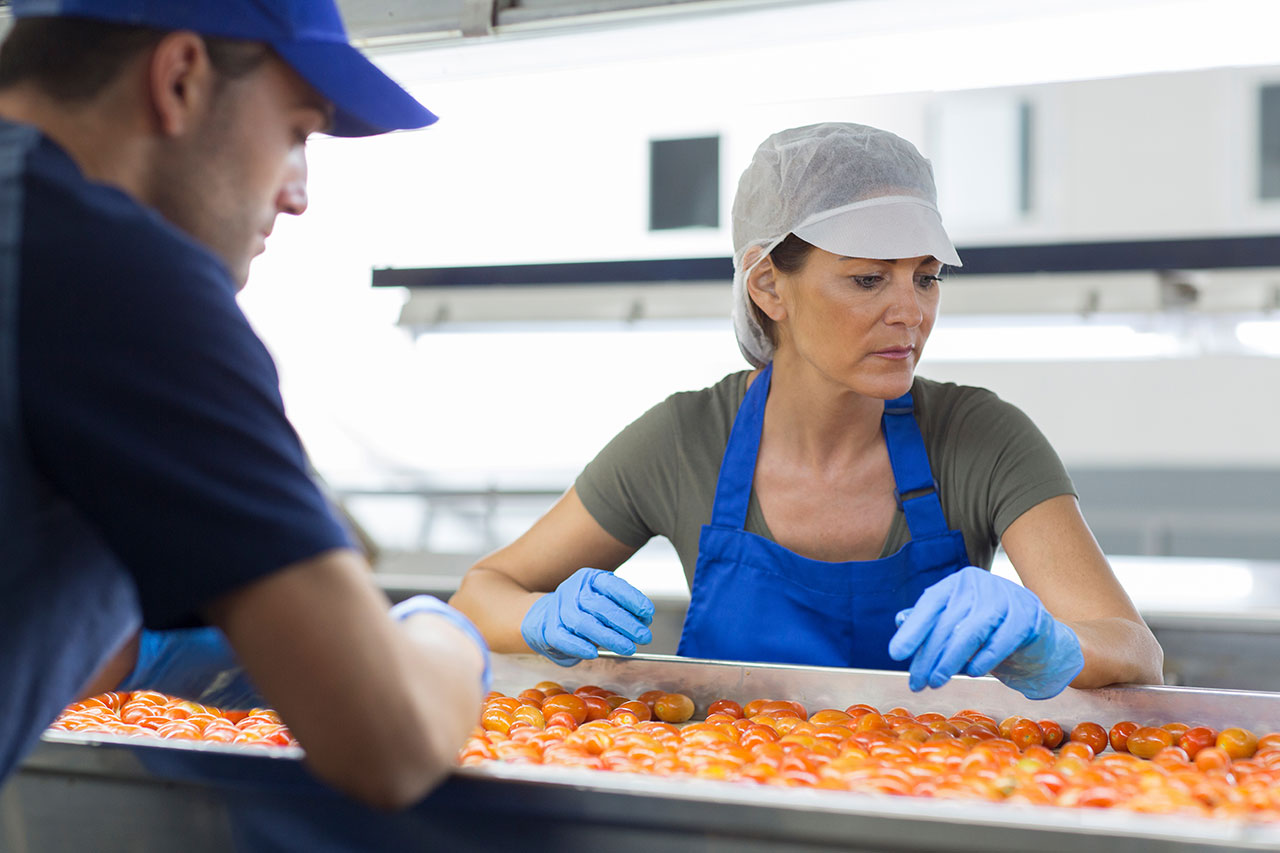New UW Extension Program to support innovation in the rural economy
The Rural Wisconsin Entrepreneurship Initiative will provide training and support.
Rural Wisconsin is home to more than one-fourth (26%) of the state’s population, according to the Wisconsin Office of Rural Health, but rural residents often struggle to make ends meet. In rural areas, per-capita income lags behind Wisconsin’s cities, while the family poverty rate runs higher (Deller 2023).
Typically, rural communities face challenges that include labor shortages, lack of affordable housing and child care, gaps in technical skills, limited financing options, and the decline of industries that historically dominated the rural economy.
RWEI will focus on three types of programs:
- Business development assistance
- Rural entrepreneurial ecosystems
- Access to financing
UW-Extension’s Community Development Institute is leading the program, along with WEDC’s Office of Rural Prosperity, the UW Law & Entrepreneurship Clinic, the UW Institute for Business & Entrepreneurship, and the Wisconsin Community Action Program Association.
UW-Extension’s statewide network of county educators will connect RWEI with rural Wisconsin communities to identify opportunities for new business development. Over the next three years, RWEI will organize groups of entrepreneurs for business development training sessions, workshops to build capacity in rural economic development organizations, and statewide conferences on entrepreneurship. RWEI members will also provide technical information and research insights through webinars and reports.
Programming is already underway for 2024. RWEI will deliver a training session called “Homegrown: Entrepreneurship in Your Community” to economic development leaders in Vernon, Kenosha, and Wood counties. With the Wisconsin Latino Chamber of Commerce, RWEI will lead an informational workshop in Fitchburg on June 27 about legal topics related to undocumented workers. RWEI also is organizing Wisconsin’s first Connecting Entrepreneurial Communities Conference, which will be held in Platteville on May 30-31. Other Midwestern states host this type of conference on an annual basis to facilitate statewide conversations about new strategies for rural community development. Through RWEI, this conference will become an annual event in Wisconsin, too.
By 2026, RWEI aims to organize at least 12 and up to 24 cohorts of entrepreneurs operating in rural Wisconsin These cohorts will provide technical training, one-on-one business consulting, and peer mentoring to other entrepreneurs in their community or their business sector. The first such session will be held in January: RWEI will partner with the Viroqua Chamber of Commerce, the La Crosse Small Business Development Center, and Couleecap to guide new entrepreneurs in Vernon County on how to turn their business ideas into reality.
To request more information about forming an entrepreneurial cohort or about other training programs mentioned in this article, contact RWEI Outreach Specialist Maggie Cornelius at mmcornelius@wisc.edu.
Sources:
Wisconsin Office of Rural Health (2022). Rural Wisconsin Demographics, Rural-WI-Demographics-2022.pdf (worh.org)
Deller, Steve. (2023). “State of the Wisconsin Rural Economy.” Presentation at the 2023 Rural Wisconsin Economic Summit.
Conroy, T. and Deller, S. (2015). “Employment Growth in Wisconsin: Is it Younger or Older Businesses, Smaller or Larger? The Wisconsin Economy Study Series 3.” University of Wisconsin-Extension.






